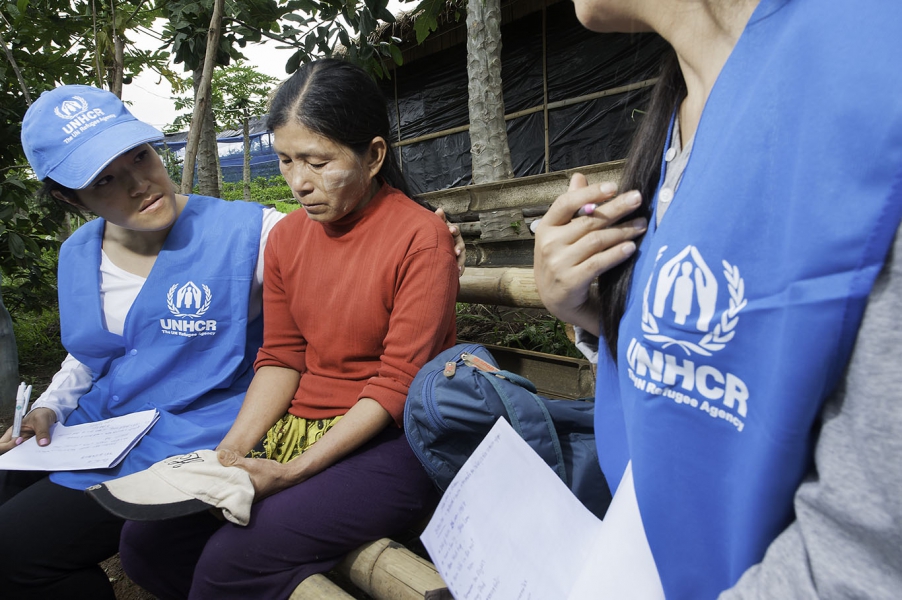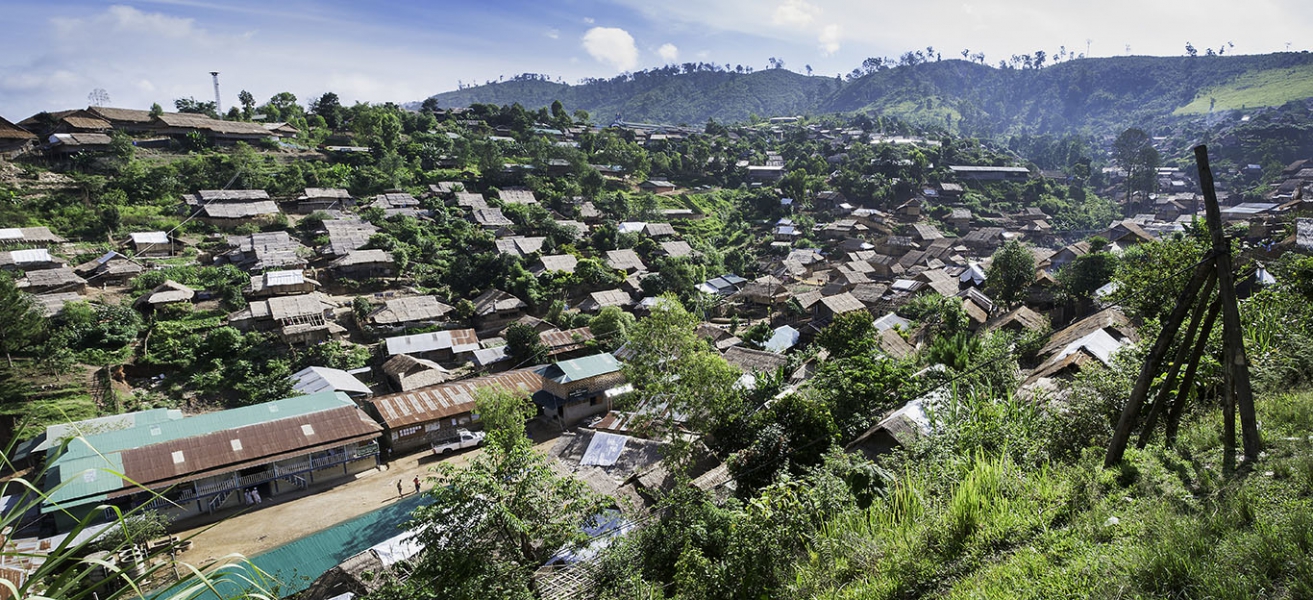
UNHCR Thailand
We have been working continuously with the government and NGOs in order to help and provide protection to refugees who live in refugee camp in Thailand by the invitation of Thai Government since 1975
The Royal Thai Government (RTG), together with international agencies and non-governmental organizations, as well as government and private donors, have a long tradition of working together to address the protection, assistance and durable solutions needs of successive influxes of refugees from Cambodia, Laos, Vietnam, Myanmar and beyond. UNHCR has been present in Thailand since 1975, and won its second Nobel Peace Prize in 1981 in part for its humanitarian and non-political efforts in South East Asia arising from the “boat people” crisis which impacted not only Thailand but the entire region. At present, Thailand continues to host some 97,000 refugees from Myanmar in the nine RTG run Temporary Shelters on the Thai/Myanmar border, in addition to 5,000 urban refugees and asylum seekers from over 40 countries, and less than 479,000 persons registered by the RTG as stateless.
Today, the refugee and statelessness context in Thailand is much improved. Since the signing of a Nationwide Ceasefire Agreement, successful national elections and continuing positive developments in South East Myanmar, one of the world’s most protracted refugee situations, offer real opportunities for safe and dignified voluntary return. Indeed, the RTG and Government of the Union of Myanmar, with the assistance of UNHCR and partners, facilitated the first official group of voluntary returns in October 2016. Hundreds more have signed up for facilitated voluntary return and, over the past several years, some 15,000 have returned spontaneously. Accordingly, and while maintaining its traditional day-to-day focus on protection activities (including addressing child protection and SGBV issues), UNHCR and partners in both Thailand and Myanmar are working to support the facilitation of voluntary return and sustainable reintegration. In these regards, largescale resettlement from the Temporary Shelters has come to an end, and UNHCR thanks the RTG and all resettlement countries for having generously provided safety and solutions for over 100,000 Myanmar refugees in Thailand for the last 10 years.
For urban refugees and asylum seekers, UNHCR hails the RTG’s 10 January 2017 Cabinet Resolution approving - in principle - a domestic refugee screening mechanism, as well as significant progress in securing access to alternatives to detention, especially for children, women and persons with medical needs. Implementation of these measures, in addition to showing strong, tangible support for the global Comprehensive Refugee Response Framework, clearly demonstrate the ability to balance important national security needs with Thailand’s long tradition of humanitarian compassion. In the meantime, UNHCR will continue its full complement of protection and assistance activities for urban refugees and asylum seekers including, inter alia, refugee status determination and support for Thai language classes which allow refugee and asylum seeker children the opportunity to benefit from Thailand’s progressive “Education for All” policy while pursuing durable solutions.
Finally, UNHCR is helping Thailand’s ongoing efforts to resolve the nationality status of less than 479,000 persons registered by RTG as “stateless”. Since 2008, over 100,000 people have acquired nationality. For its part, UNHCR and partners have established 13 “service points” in Chiang Rai province to assist individuals in making nationality applications, already directly benefiting some 16,000 individuals (through its partner, UNHCR submitted 3,379 nationality applications in 2018.). Thailand has also joined UNHCR’s global #I Belong Campaign to End Statelessness by 2024, and is now a leader of the core group of State parties to the “Friends of the Campaign”, underscoring its domestic commitment, as well as its regional and global leadership role in meaningfully addressing not only statelessness but also refugee issues, as the world deals with unprecedented levels of displacement arising from conflict and persecution.
UNHCR has about 180 national and international staff working for the Thailand operation. Next to the Bangkok office, more than half our staff members work in field offices serving the Temporary Shelters in Kanchanaburi, Mae Hong Son, Mae Sariang and Mae Sot.






